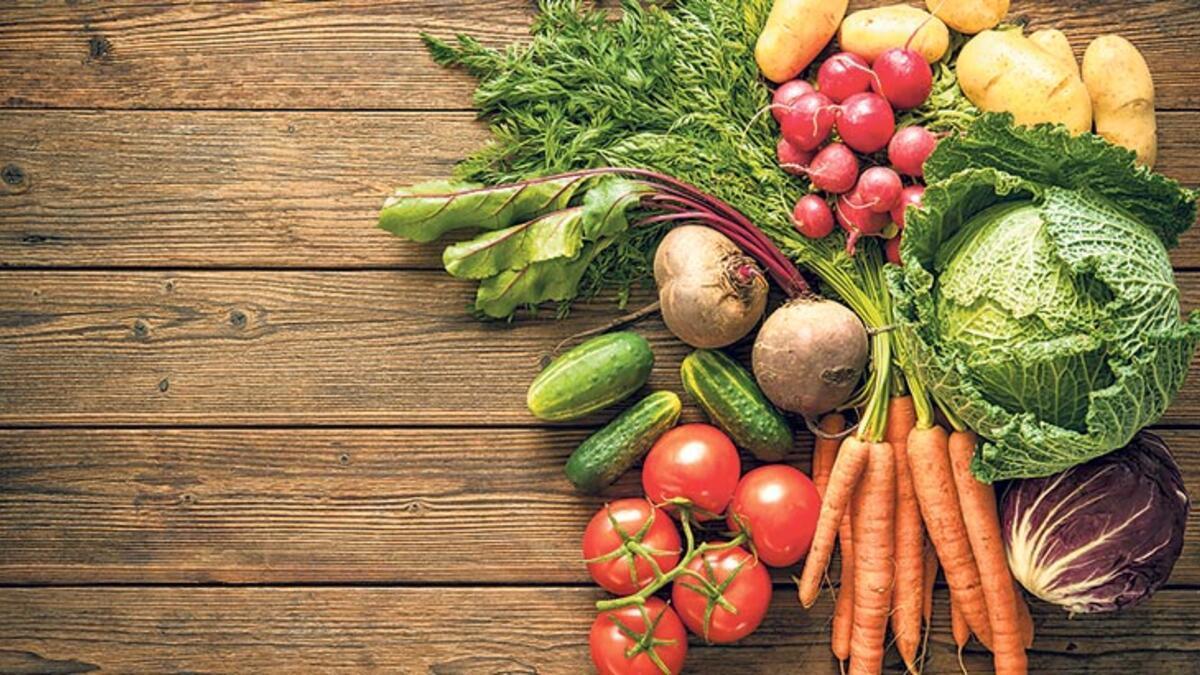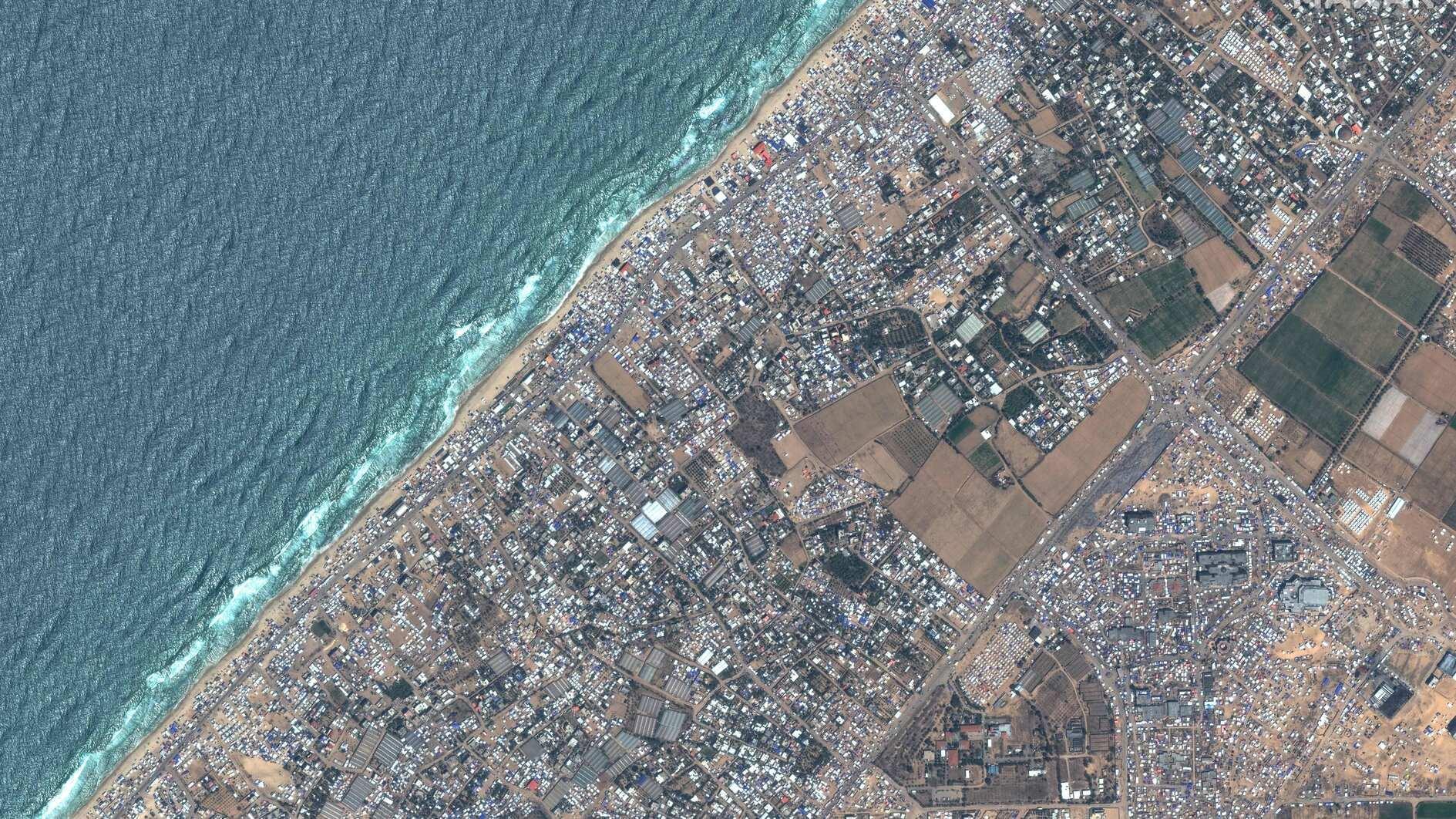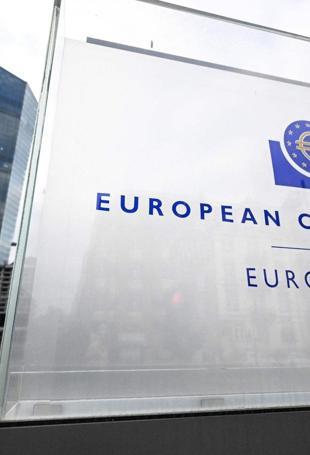Chronic diseases less common among vegans: Expert
ISTANBUL

A vegan diet is surely a healthier diet, and scientific studies show that diseases such as diabetes, cardiovascular disease, rheumatism and allergies, also considered chronic diseases, are seen much less in vegans, said cardiology and internal medicine doctor.
Murat Kınıkoğlu, an internist and cardiologist practicing in Ankara, Turkey’s capital, said that his journey into veganism started at age 54 after his brother passed away from a heart attack and because his parents and siblings were all cardiac patients.
“Until that day, I knew cardiovascular diseases were inevitable, that they could happen to anyone at a certain age. While I was thinking about the day I would have a heart attack, I read studies by Dean Ornish and Caldwell Esselstyn’s studies which show that the heart vessels are widened with plant-based diets,” Kınıkoğlu said.
Ornish and Esselstyn are both physicians in the U.S. that have conducted research and authored publications on plant-based diets.
“As I dealt with the subject, I found that the only way to avoid heart disease was a low-fat vegan diet, and I radically changed my diet. Over time, I discovered the ethical aspects of a vegan diet, and experiencing the beauty of the feeling of not harming animals reinforced my decision to choose this diet.” Kınıkoğlu explained that being ve-gan reduces your risk of getting the 50 most common diseases such as high blood pressure, promotes mental wellbeing at an older age and reduces the risk of developing Alzheimer’s disease.
He also noted that if fat and sugar are cut in addition to a vegan diet, the risk of a heart attack, breast cancer among women and prostate cancer among men is reduced by 30 percent.
Regarding the controversial issue of protein, Kınıkoğlu said all proteins consist of 20 essential amino acids and that the human body makes 12 of these while eight are supplied from outside.
“The main source of essential amino acids are plants, because plants can make 20 of these 20 amino acids themselves, unlike mammals. All of the proteins found in animal products are found in plants, and it does not matter where you get the protein from,” he said.
“Whether you eat eggs, oats or spinach, the protein entering your stomach is first broken down into amino acids, then mixed into the blood from the stomach and intestinal wall. After entering the cells, they form new proteins by forming chains again. In this respect, the type and amount of the amino acid is important, not where it comes from,” he noted.
“I think my colleagues do not follow scientific publications carefully enough, or they read them, but they do not change their minds because they look at these events with a biased perspective. A doctor who smokes does not urge his patients to quit smoking, and doctors who eat meat cannot tell their patients how harmful meat is because they are eating it themselves,” he said, noting he was among the minority of doctors that defend the diet.
Kınıkoğlu said scientific studies show that a smart vegan diet does not cause any deficiencies, but rather there are more pros than cons.
Kınıkoğlu emphasized the environmental dimension of the issue and said normally, it takes two years for cattle to be slaughtered.
This period is reduced to four months with hormone applications on modern farms and growth hormones and high-calorie foods are given to cows to increase milk production.
“A breeding farm with 2,500 dairy cows excretes as much as a city of 41,000. Breeders collect animal waste in large pits, but nitrate in the feces leaks into the groundwater and our rivers. Then we wonder why there were mass fish deaths in such and such river. Nitrate and ammonia in the feces reach our seas by the rivers, and areas in which life cannot survive begin to appear,” Kınıkoğlu said.
“Another problem with feces is E. Coli and other microbes. The amount of feces produced by livestock is 100 times higher than the amount of feces in humans. Let’s not forget that the antibiotics, chemicals and hormones given to these animals in these feces go into the soil, the environment, and the sea,” he noted.
Kınıkoğlu stressed that the best thing a person can do for themselves, for their children and family, for the environment and for the whole world is to become vegan.
















